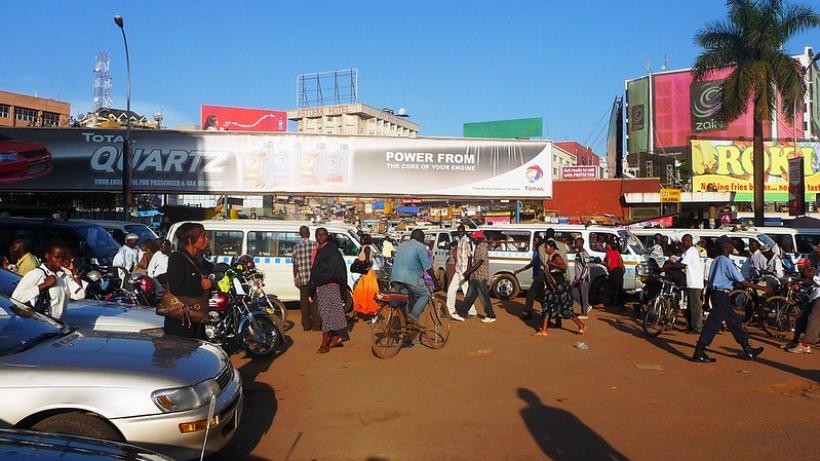The cost of congestion in Kampala, Uganda
Traffic congestion is a major issue in cities around the world, particularly in developing countries, with potentially negative effects on outcomes ranging from economic activity to health. This project aims to estimate the cost of traffic congestion, i.e. commuter time lost, in Kampala, Uganda, in time and monetary terms. The study is based on a direct request from the Kampala Capital City Authority (KCCA), which seeks to obtain empirical evidence on the potential gains associated with investments in the public transportation system.
Empirical evidence on the costs of congestion in Kampala can directly support the KCCA in its decisions related to investments in the city’s public transportation system. Modifications to existing solutions to traffic congestion as well as new ones, such as the Bus Rapid Transit or necessary improvements in the current road network, are likely to benefit from this analysis. This project can also set the ground for further studies related to the causes and consequences of congestion in Kampala, including on the wider effects of congestion on urban development and on the impact of school transportation on congestion in the city.
To estimate the cost of congestion, a series of World Bank surveys on transportation and/or data from Google Maps will be used. These actual travel times will be compared to counterfactual travel times of no or reduced congestion to obtain an estimate of how much of the time travelled is due to congestion. Time lost will then be quantified into monetary losses to the city to obtain a ‘cost of congestion’ in Kampala.


